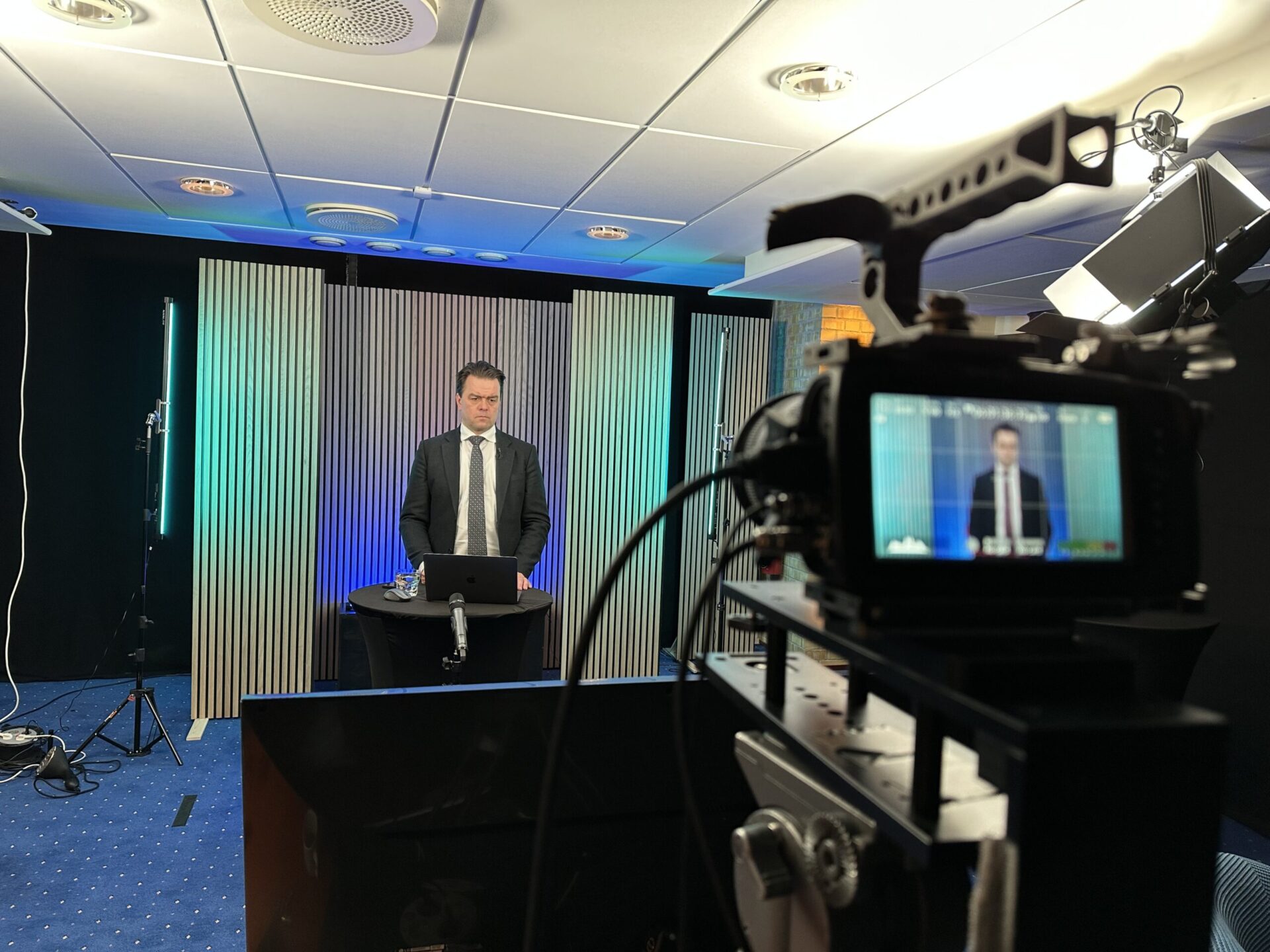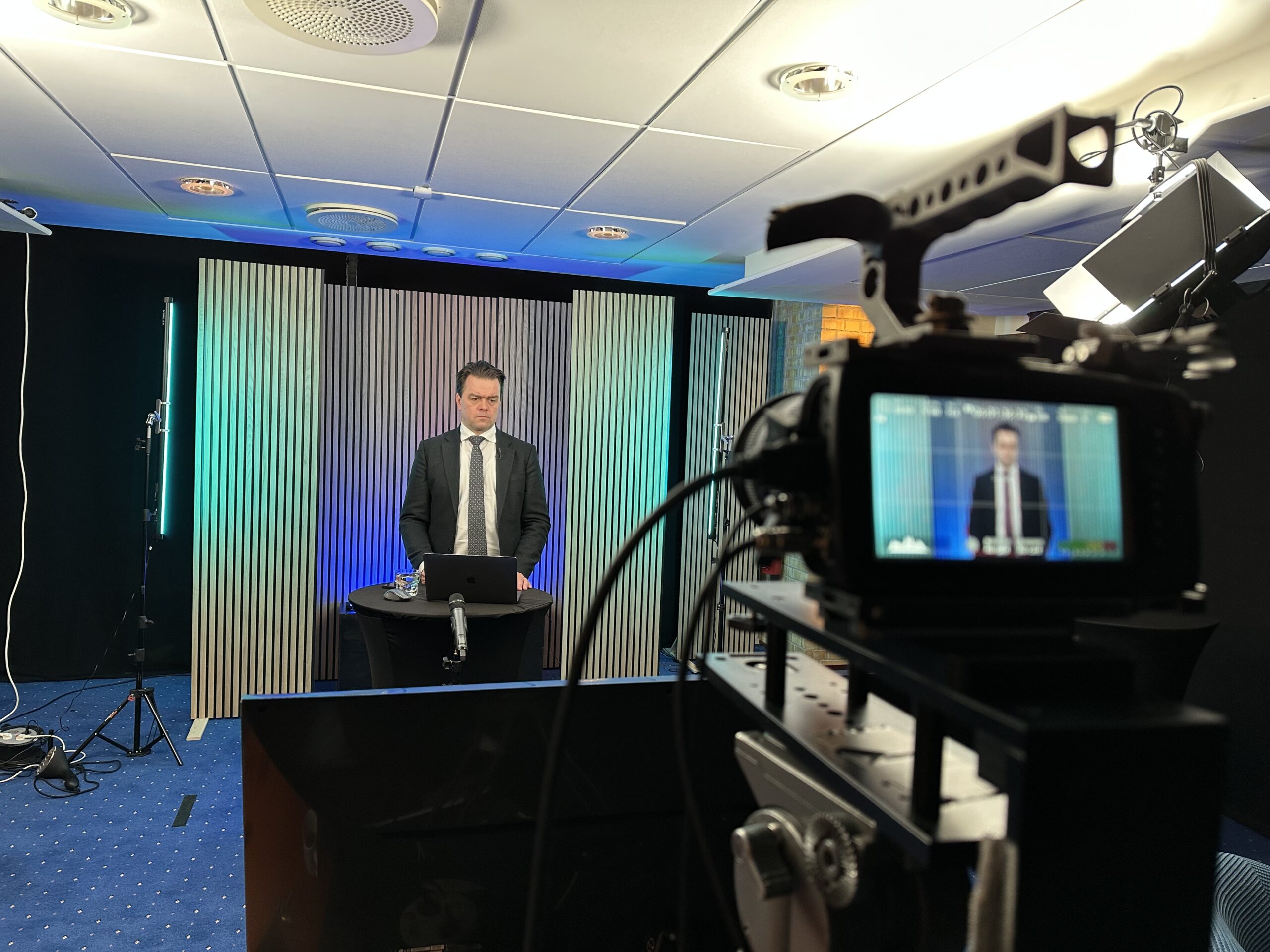Lifecare Q3 2023 Report
Posted: 15/11/2023

Bergen, Norway, November 14th, 2023: Today, Lifecare AS (LIFE) (the “Company”), a clinical stage medical sensor company developing the next generation Continuous Glucose Monitor (CGM), publishes Q3 financial report and operational update.
Lifecare completed Q3 with many important technology and operational achievements. The Company is shifting focus from conducting research and development to focusing on production preparations, industrialization and finally commercialization of the Company's sensor technology.
The main strategic goal for the Company is to initiate automated production and product-launch in 2024. Achieving these goals requires focused investments in production preparations, including production equipment. On this basis the Lifecare Group priorities have reduce the capacity to provide third-party services from the Group entities in Germany, and the Group revenues YTD Q3 2023 ended at 6,41 MNOK, in comparison to 15,43 MNOK YTD Q3 2022.
At the same time the Group R&D operations with preparations for production drive the salary and personal costs, while other operating costs are in line with forecast and expectations. Lifecare’s result per Q3 2023 was –21 MNOK.
Read the Q3 2023 report here: Lifecare Q3 report 2023
- As we approach the initial production phase it is needed for us to invest in production preparations and production set up. This trend will continue as planned, until our first automated production line is ready by the end of Q2 2024 - paving the way for commercial production, says Joacim Holter, Lifecare CEO.

PHOTO: CEO Joacim Holter at Lifecare
Despite reduced revenues, the Group’s equity and cash position is strengthened compared to the end of Q3 2022, not taking the recent capital increase taken into account. The capital increase completed in October further strengthens the Equity and Cash Position.
On the operational level Lifecare has met several objectives in Q3, in accordance with the roadmap presented in previous investor communication. The most important achievements include the approval from the regulatory authorities to start the next study and placing order for software for automated production.
Furthermore, the Company confirmed that prototype sensors reached an operational lifetime of more than 24 weeks (172 days), including a sensor chemistry shelf life of almost 27 weeks (187 days). These results from a longevity in-vitro experiment confirms that Lifecare’s technology has a superior operational longevity compared to existing needle based CGM sensors, as well as an encouraging stability of the chemistry used in the sensor.
- We are very satisfied with the development throughout Q3 2023, both technical and operational. We are especially excited about the longevity experiment. The results validate the potential of Sencell to provide long-term and accurate glucose monitoring for people with diabetes, while reducing the need for frequent sensor replacements, says CEO Joacim Holter.
The Q3 webcast is available here